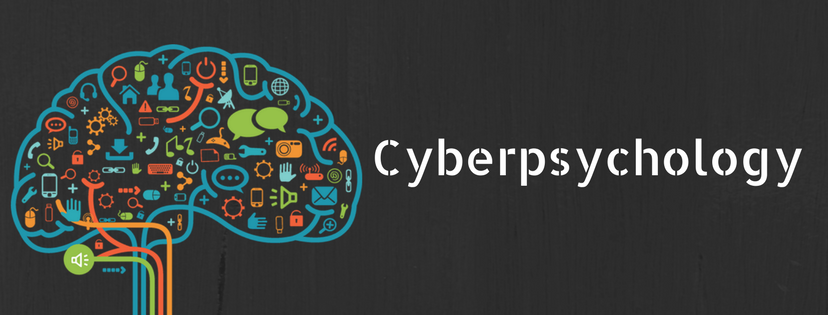Career Trends: April 7, 2023
Curated by the Knowledge Team of ICS Career GPS

- Excerpts are taken from an article published on dataconomy.com
The digital world has had a profound impact on human psychology, shaping our thoughts, behaviours, and emotions in ways that are still being understood. The rapid pace of technological advancement has created an environment where people are constantly connected to the digital realm, leading to new forms of social interaction, self-expression, and information consumption.
The influence of the digital world on human psychology can be seen in the ways in which people use technology to regulate their emotions, manage their relationships, and form their identities. For example, the rise of social media has led to a new form of self-presentation, where individuals are able to craft and maintain a carefully curated online persona that may differ significantly from their offline self. This can result in feelings of pressure to conform to social norms and expectations, leading to anxiety, low self-esteem, and other mental health issues.
Moreover, the digital world has also led to changes in the way people think, process information, and make decisions. With an endless stream of information and stimuli available at our fingertips, people are becoming increasingly adept at multitasking and quickly switching between tasks. This can result in a decreased ability to focus, retain information, and make decisions, as well as increased feelings of stress and anxiety
What is meant by Cyberpsychology?
Cyberpsychology is an interdisciplinary field of study that focuses on the psychological and behavioural aspects of human interaction with technology, particularly in the digital world. It examines the effects of technology on individuals, groups, and society and seeks to understand how the use of technology affects human thoughts, emotions, and behaviours.
Cyberpsychology covers a wide range of topics, including online behaviour, social media use, internet addiction, online identity, online relationships, and the impact of technology on mental health. It also explores the psychological and cognitive processes that underlie human interaction with technology, such as attention, memory, decision-making, and perception.
Cyberpsychology is a rapidly growing field that is becoming increasingly important as technology continues to play a central role in our daily lives. It provides a framework for understanding the complex and dynamic relationship between human psychology and technology and for developing new approaches to addressing the challenges and opportunities posed by the digital world.
What is the importance of Cyberpsychology?
1. Helps to understand the impact of technology on human behaviour and mental health.
- Cyberpsychology studies the effects of technology on individuals and society, including the impact of social media, online gaming, and internet addiction on mental health, self-esteem, and well-being.
2. Provides insights into the psychological and cognitive processes involved in human-technology interaction.
- Cyberpsychology investigates the psychological and cognitive processes that underlie human interaction with technology, such as attention, memory, decision-making, and perception.
3. Informs the design of technology to support human needs and well-being.
- By understanding the psychological and behavioural effects of technology, cyberpsychology can better inform the design of technology to support human needs and well-being, such as reducing the risk of internet addiction and promoting healthy online behaviour.
4. Contributes to the development of new approaches to address the challenges posed by the digital world.
- Cyberpsychology is a rapidly growing field that is dedicated to understanding and addressing the challenges posed by the digital world, including online harassment, cyberbullying, and privacy concerns.
5. Helps to foster responsible and ethical use of technology.
- By providing a deeper understanding of the impact of technology on human behaviour and mental health, cyberpsychology can help individuals and society use technology responsibly and ethically, promoting positive outcomes and reducing the risks associated with technology use.
…
Have you checked out yesterday’s blog yet?
Machine Learning for Education: Trends to expect in 2023
(Disclaimer: The opinions expressed in the article mentioned above are those of the author(s). They do not purport to reflect the opinions or views of ICS Career GPS or its staff.)




3 Replies to “What is Cyberpsychology?”